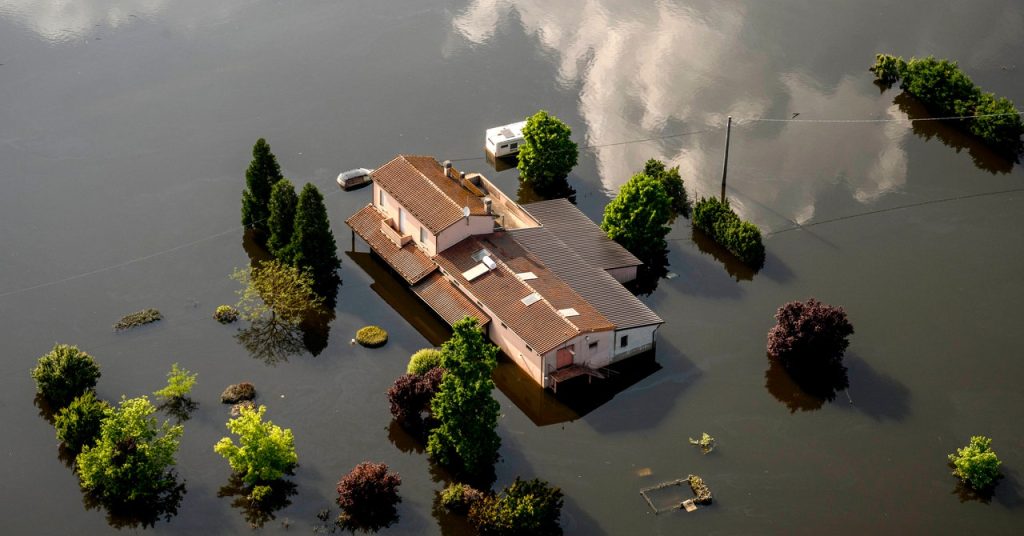The Deadly Consequences of Climate Change: A Global Health Crisis
The relentless march of climate change is claiming lives at an alarming rate. Currently, scorching temperatures are responsible for the deaths of approximately 500,000 individuals worldwide each year. However, if global warming continues unabated, this figure could skyrocket to nearly 2.5 million by 2050. The indirect health risks posed by climate change are equally concerning, with erratic weather patterns and soaring temperatures triggering catastrophic natural disasters, facilitating the spread of diseases into previously unaffected regions, and exacerbating economic insecurity and mental health issues.
The Urgent Need for Government Action
Governments must take decisive action to address this crisis, and the Lancet Countdown, an international research collaboration, is providing policymakers with irrefutable evidence that immediate change is imperative. As Marina Romanello, the organization’s executive director, emphasizes, “The cost of inaction is measured in human lives.” However, rather than viewing this solely as a doomsday scenario, Romanello suggests that tackling climate change presents an opportunity to enhance our quality of life, with the potential for greener cities, cleaner air, and healthier, more affordable diets.
The Far-Reaching Impacts of Climate Change on Health
In a recent interview with The Zero Byte, Romanello discussed the current and potential health risks associated with climate change, highlighting the urgency of taking action for the benefit of all. She noted that the Lancet Countdown monitors over 50 indicators, employing various techniques, tools, and models to assess the diverse range of risks posed by climate change. These include direct harm from extreme weather events, as well as indirect impacts on food systems, water quality, and the spread of infectious diseases like dengue and malaria into new regions.
Each year, the impacts of climate change on health are getting worse, across every single indicator we measure.
Moreover, climate change has far-reaching socioeconomic consequences, with heat exposure reducing labor productivity and undermining people’s incomes, which in turn affects their mental and physical well-being. By combining measures, the Lancet Countdown has revealed that an additional 127 million people reported food insecurity in 2022 compared to the 1990s average, due to the increased frequency of heat waves driven by climate change.
The Uneven Distribution of Climate Change Impacts
While no part of the world is immune to the effects of climate change, the hazards and impacts are not evenly distributed. Europe, for instance, is warming rapidly and, due to its large elderly population and high incidence of non-communicable diseases, has the highest rate of heat-related deaths globally. In other regions, such as the Horn of Africa, extreme droughts are causing acute hunger, while in South America, dengue is spreading, and in parts of Africa and Asia, more areas are becoming suitable for malaria transmission.
As the world grapples with the urgent need to address climate change, it is crucial to recognize the profound and far-reaching impacts on human health. By taking action now, we can not only save lives but also create a healthier, more sustainable future for all.

6 Comments
The Earth is burning, and we’re all going to feel the heat!
Climate change is a global health crisis that demands immediate action.
Climate change is the biggest threat to global health in the 21st century!
The health of our planet is the health of our people, and climate change is making us all sick
Our planet’s health is in critical condition, and we’re the ones responsible for its treatment.
The planet is suffering, and so are we – climate change is a silent killer